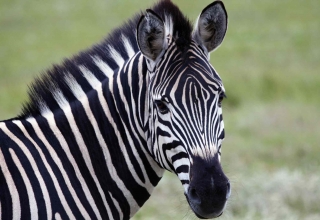
“What do you celebrate?”
The top five answers I hear from my coaching clients, primarily high-performing business professionals, are “birthdays, anniversaries, holidays, graduations and other special occasions.”
“And anything else?” I ask next.
This question often elicits a puzzled expression or blank stare.
“What about celebrating work accomplishments?” I query. “Do you pause to acknowledge successes of any size, such as:
- Meeting a project milestone?
- Making a difficult decision?
- Having a breakthrough insight on a tough problem?
- Taking the first step in a brand-new process?
- Helping colleagues patch up a difference?
- Or whatever?
“No” is the frequent answer.
Yet, any time you rush ahead without acknowledging an accomplishment, even a tiny success, you miss an opportunity to take advantage of the brain’s reward system.
To understand why, consider what happens when you pause to acknowledge your progress, even an initial effort. You’re able to name the success, credit the individuals involved, reflect on what you did, and start to figure out how to repeat or revise your actions to produce more successes.
When you and others receive recognition, you get a hit of dopamine, the “feel-good” brain chemical. Dopamine acts as a neurotransmitter, sending signals to other neurons that serve as a pleasurable reward.
The brain also pays attention to the particular actions that deserved the dopamine. The brain then calculates what’s needed to repeat the behavior to get more of this “feel-good” chemical. This is the Hebbian learning rule in action: “The brain neurons that fire together now start getting wired together.”
The act of celebrating has another benefit. Celebration puts you in a positive state of mind. When you’re in a positive state, you can think more clearly and be more open to new ideas and experiences.
Download Article 1K Club















